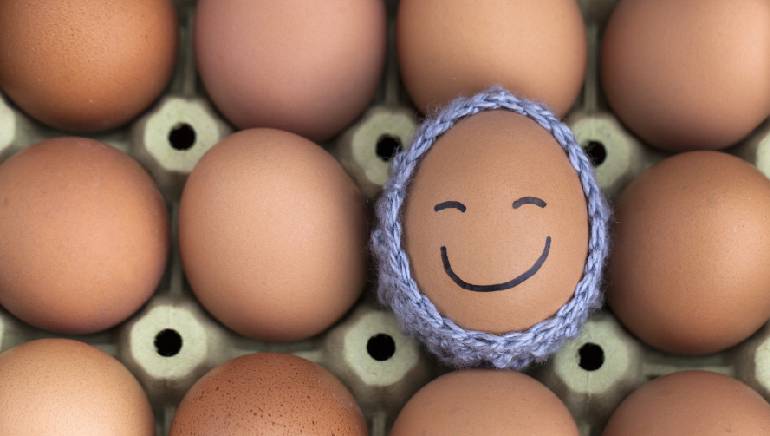
Cancer cases in India are rising rampantly. The disease can take a toll on the physical, emotional as well as mental well-being of a patient and the caregivers. Apart from the agony and trauma a cancer patient undergoes, if cancer is being diagnosed at a young age, a woman’s complete life may seem to be at stake. Diagnosis of cancer in the reproductive age, especially when one is trying to build their family, may feel like a setback. Let’s take a look at how cancer affects fertility.
Cancer is a deadly, life-threatening disease that has the potential to proliferate rapidly with a high malignancy rate. Fertility is one of the vitals that are affected during cancer, and the chances of successful conception and delivery are minimiSed even through alternative methods known as Assisted Reproductive Technology (ART).

Various factors including the patient’s age, cancer stage, the type and extent of treatment given (chemotherapy, radiation therapy, hormone therapy, etc.) along with dosage of treatment given are known to be reasons that can affect fertility in women. These treatments are very powerful and hence, can make an impact on the several biological components of a woman’s body.
Several hormonal changes occur in the body during cancer treatment which also depletes the ovarian reserve. This can cause a woman to have low Anti-Müllerian hormone (AMH) levels making conception almost impossible.

Further, the endometrial thickness may deplete, making the implantation difficult to carry throughout the gestation (the process or period of development inside the womb between conception and birth). In such cases, those planning for pregnancy need to consult with their healthcare providers.
With recent advancements made in the field of oncology, timely detection and prompt intervention has led to many patients overcoming the ailment completely and leading a normal healthy life. So, it is a very well-established fact that cancer does affect the fertility in women and undergoing the right treatment for cancer before trying to conceive is of utmost importance.
Also read: Confused by terms used by your fertility specialist? Learn about them here
* The age bracket for those being diagnosed with gynecological cancers have come down from 40+ years to now affecting women as low as 25-30 years of age. So, timely and regular health check up for those with a family history of cancers can play a pivotal role in either eliminating the chances of cancer at the particular stage or assist with early diagnosis, for better and enhanced treatment regime.
* Lately, many women are opting for Oocyte cryopreservation, which mostly includes working women who want to plan their pregnancy later in their lives. This egg freezing technology can also be used by such ailing women or those who are vulnerable to cancer (based on family history).

In the past, many women with cancer have successfully conceived babies through various techniques after their battle with cancer and lead a normal and healthy life. So, don’t lose hope!
Select Topics of your interest and let us customize your feed.
PERSONALISE NOW